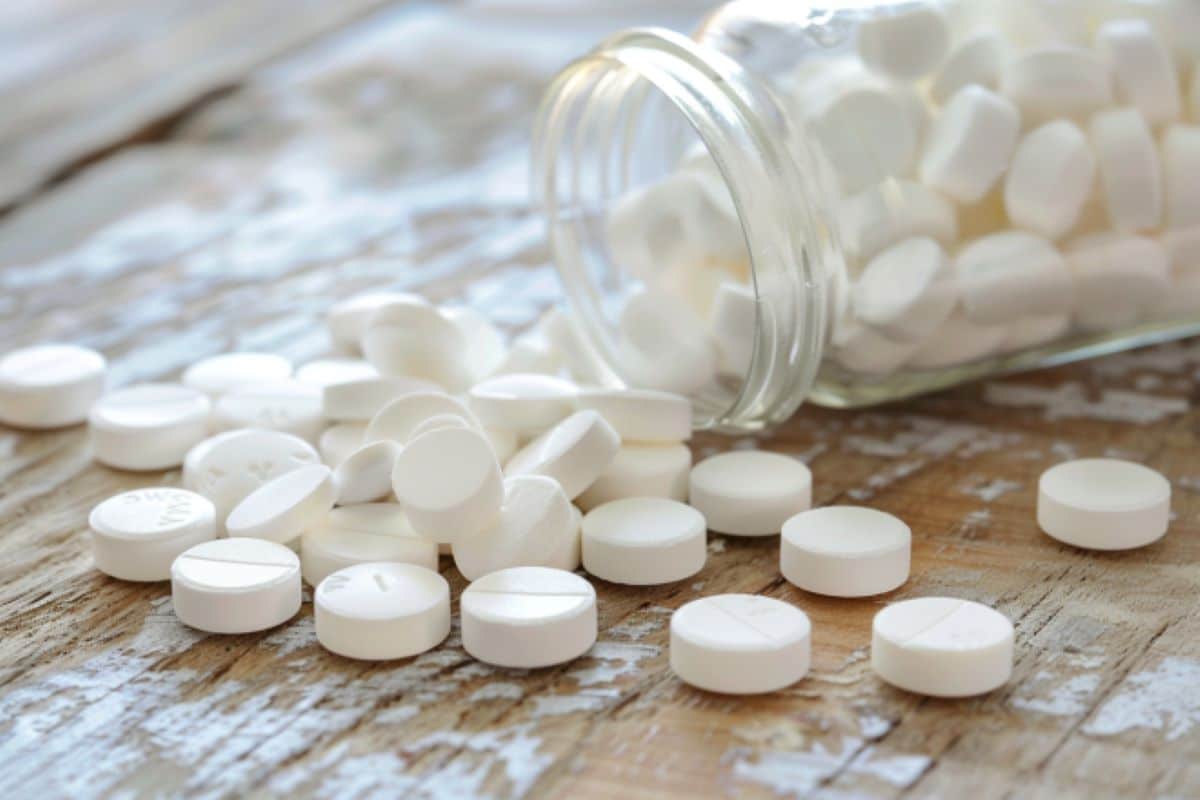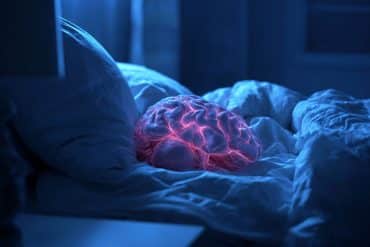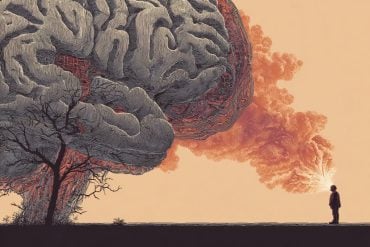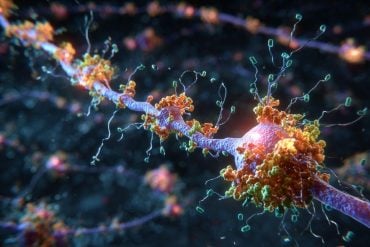Summary: Low-dose aspirin reduces inflammatory responses caused by sleep restriction. Compared to a placebo, aspirin lowered interleukin-6, COX-1/COX-2 cells, and C-reactive protein levels.
The research suggests potential new treatments to mitigate inflammation without aspirin’s side effects. Findings highlight aspirin’s role in improving sleep efficiency during recovery.
Key Facts:
- Low-dose aspirin reduces inflammation from sleep restriction.
- Study involved a randomized placebo-controlled trial with 46 healthy adults.
- Aspirin improved sleep efficiency and decreased inflammation markers like interleukin-6.
Source: AASM
A new study to be presented at the SLEEP 2024 annual meeting found that low-dose acetylsalicylic acid, also known as aspirin, can reduce inflammatory responses to sleep restriction.
Results show that compared with placebo, preemptive administration of low-dose aspirin during sleep restriction reduced pro-inflammatory responses. Specifically, aspirin reduced interleukin-6 expression and COX-1/COX-2 double positive cells in lipopolysaccharide-stimulated monocytes, as well as C-reactive protein serum levels.

“The novelty of this study is that it investigated whether we can pharmacologically reduce the inflammatory consequences of sleep restriction,” said lead author Larissa Engert, who has a doctorate in behavioral physiology and is a postdoctoral fellow in the department of neurology at Beth Israel Deaconess Medical Center and the division of sleep medicine at Harvard Medical School in Boston.
“We used a non-steroidal, anti-inflammatory drug because it has been shown to affect specific inflammatory pathways, which were previously shown to be dysregulated by experimental sleep restriction or sleep disturbances.”
The researchers collected data from 46 healthy adults in a randomized placebo-controlled crossover trial with three protocols – sleep restriction/aspirin, sleep restriction/placebo, and control sleep/placebo – each consisting of a 14-day at-home phase followed by an 11-day in-hospital stay.
In the sleep restriction/aspirin condition, participants took low-dose aspirin during the at-home phase and in-hospital stay. Each in-hospital stay started with two nights of an eight-hour sleep opportunity. Then, under the sleep restriction conditions, participants were exposed to five nights of a four-hour sleep opportunity, followed by three nights of recovery sleep.
The control sleep condition provided an eight-hour sleep opportunity throughout the in-hospital stay. Sleep and immunologic measures were assessed at baseline and various points throughout the study.
The data also reveal that the aspirin-induced reduction of inflammatory pathway activity in sleep-restricted participants was paralleled by decreased wake after sleep onset and increased sleep efficiency during recovery sleep, Engert noted.
“These findings show that it is possible to blunt inflammatory pathways activated by sleep restriction through preemptive administration of low-dose aspirin. This may foster the development of new therapeutics that specifically target those pathways, and do not exhibit the undesirable side effects associated with aspirin, such as bleeding and stroke.
“Such therapeutics could complement behavioral sleep improvement therapies to better prevent or control inflammation and its consequences in those experiencing periods of sleep deficiency,” Engert said.
Funding: This study was supported by grants from the National Institutes of Health, German Research Foundation, and Sleep Research Society Foundation.
About this inflammation, neuropharmacology, and sleep research news
Author: Thomas Heffron
Source: AASM
Contact: Thomas Heffron – AASM
Image: The image is credited to Neuroscience News
Original Research: The findings will be presented at SLEEP 2024







